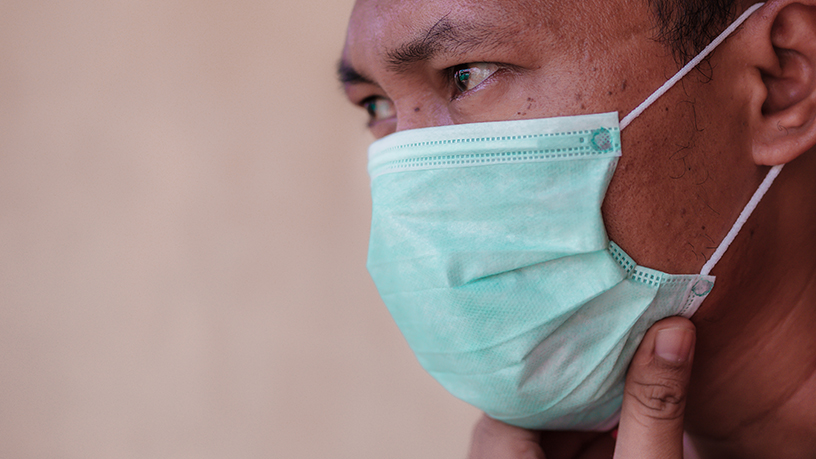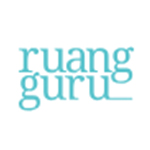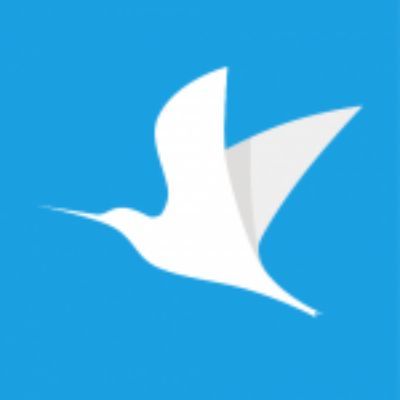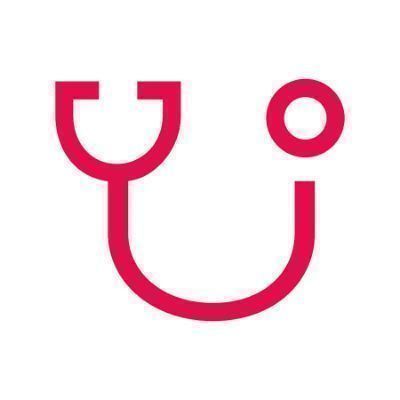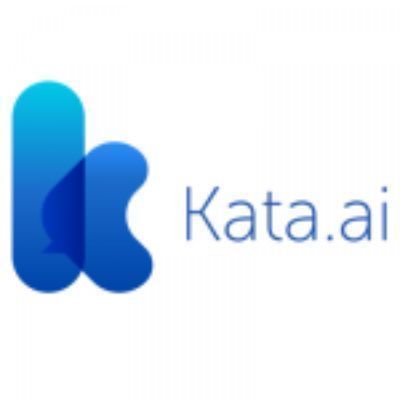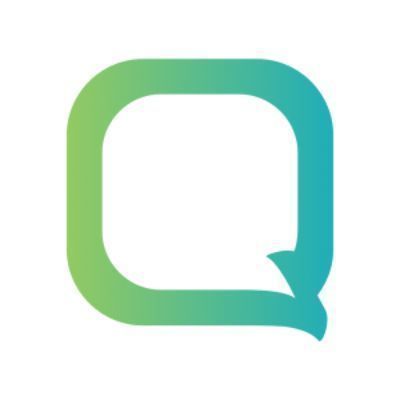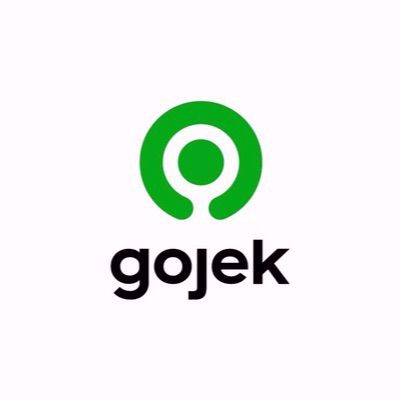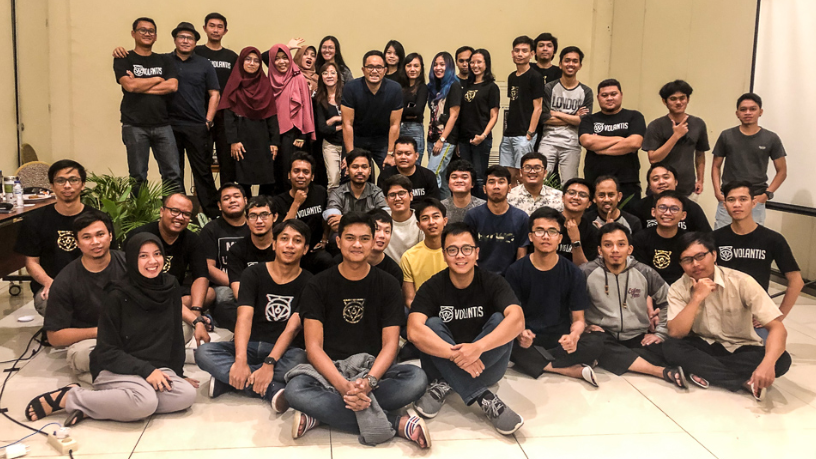More Indonesian startups have offered their tech and financial resources to help the country cope with the coronavirus (Covid-19) pandemic.
As of March 26 – just over three weeks after Indonesia announced the first two cases of Covid-19 in the country – the number of confirmed cases has risen to 893. Of these, 35 have recovered and are discharged from hospital while 78 have died.
President Joko “Jokowi” Widodo has urged Indonesians to practice social distancing and stay home whenever possible. In Jakarta, employers are told to implement work-from-home policies while non-essential premises such as eateries and entertainment spots are temporarily closed. Startups like e-wallet unicorn OVO and e-commerce giants Tokopedia and Bukalapak were among the first to announce work-from-home policies, as early as March 15.
Four startups in MDI Ventures' stable of investees — Volantis, Qlue, Qiscus and Kata.ai — jointly launched Indonesia Bergerak, an online dashboard showing the number of coronavirus cases in Indonesia, along with tips for the public to protect oneself and others during the outbreak. Volantis, which helps enterprise clients build AI-ready data infrastructures, used its platform features to aggregate, organize and cleanse data from official sources and citizen reports. The data is then displayed on the website using the company’s visualization service.
Smart city developer Qlue, which relies on citizen reporting to collect data about problems and complaints, launched four new report types in its end-user app. Users can now report crowd gatherings, which are discouraged as part of social distancing measures, and . They can also report on the app people they suspect of suffering from Covid-19.
The Qlue app also allows users to report healthcare facilities that are overcrowded or short of supplies, to help authorities direct help efficiently. Indonesia, which has a population of more than 260m, has 321,544 hospital beds, according to Reuters, citing health ministry data. That translates to about 12 beds per 10,000 people.
These reports are displayed on the Indonesia Bergerak website, with the National Disaster Management Agency coordinating action to resolve the reported problems.
Unicorn and ride-hailing app Gojek is providing riders and drivers who are diagnosed with the virus 14 days’ worth of income and temporarily waiving recurring payments, such as motorcycle credit. The company is also setting aside at least IDR 100bn in financial assistance to help them cope with falling demand. The fund comes from a quarter of the senior management’s annual pay, plus the funds initially budgeted for their own employees’ annual salary increase.
Healthcare priorities
E-commerce marketplaces like Tokopedia and Bukalapak continue to promote healthcare and hygiene items, such as masks, hand sanitizers and vitamin supplements, to meet surging demand. However, they also grapple with price-gouging merchants and possible counterfeit goods, such as illegally produced or used masks. More worryingly, prescription medicine such as chloroquine and untested Covid-19 remedies have been spotted on these platforms, and the e-commerce operators have to keep up with new listings popping up every day.
Those who need to buy masks, sanitizers and medicines from trusted sources should stick to licensed pharmacies and trusted telemedicine platforms such as Halodoc, which works with Gojek to deliver medicine from partner offline pharmacies. Halodoc and its competitor, Alodokter, have also reported a rise in Covid-19 searches and demand for online consultations with the platforms' licensed doctors, according to Indonesian news site Katadata.
Working with the health ministry, both startups also have chatbots to help members of the public assess their likelihood of having coronavirus.
The apps of Gojek and ride-hailing rival Grab also now feature a chatbot to help users assess their coronavirus risk and find out what to do, thanks to their collaboration with Halodoc and Good Doctor Technology, the joint venture between Grab and Ping An Good Doctor, respectively.
Free online classes by Ruangguru
Meanwhile, online learning startup Ruangguru has launched free live online classes to help students keep up with their studies and prepare for exams, as several cities temporarily suspend school activities. The classes are available for students from Year 1 to 12, covering all subjects under the national curriculum.
To further support this initiative, Ruangguru announced a tie-up with state-owned mobile carrier Telkomsel to provide 30GB of free mobile data to access Ruangguru’s services.
Zenius, the online learning platform that raised $20m in funding last month, has followed suit. Newly appointed CEO Rohan Monga announced on his LinkedIn page that Zenius will open access to their entire content library for free during the school shutdowns.
Their digital whiteboard lessons “uses the least bandwidth and makes it the most economical format for students, parents, and teachers that don’t have WiFi,” Monga wrote.
Feeling the burn
Travel startups are likely to be the worst hit in this crisis. Busyra Oryza, Corporate Communications Manager at online travel agent Pegipegi, told Indonesian tech news site Dailysocial that domestic travel demand fell in the first week of March. Both Pegipegi and Traveloka declined to reveal specific numbers, but said that they are working to ensure customer safety and convenience in planning their travels, including requests for refunds.
At the end of February, the government announced plans to provide an IDR 298.5bn stimulus package to increase foreign tourist arrivals amid as growing fears about coronavirus deterred travelers worldwide. The plan was widely criticized, however, as it was seen as a misuse of budget – especially when IDR 72bn of that was set aside for paying social media influencers.
In the meantime, Indonesia's tourism industry continues to suffer. Local hotel occupancy rates have fallen to as low as 20%, much lower than seasonal averages.
In the VC community, many have also reported a slowdown in dealmaking, as meetings move online or are postponed altogether. Travel restrictions around the world mean that founders and investors have had to postpone their overseas trips and meetings. Tech in Asia reported that impact investor Patamar Capital planned to extend their fundraising deadline, while Telkom-affiliated MDI Ventures is diverting their roadshow plans away from China, Japan, and South Korea.
Information leadership, by the people
Indonesia’s tech community have also taken up the challenge of countering misinformation. In the early days of the crisis, the Indonesian public also witnessed poor handling of the situation, including the lack of clear, reliable public information, which led to a proliferation of misinformation and hoaxes.
When the first Covid-19 cases on Indonesian territory were announced, the Ministry of Communication and Informatics said it spotted at least 147 fake or inaccurate news posts on social media and other websites. The ministry has said it will continue to monitor and debunk hoaxes with the help of its AI engine, but the number of hoaxes will likely rise further as more cases are announced and more drastic containment measures are taken.
Seeking to tackle this problem of false information, Volantis was the first to create an online dashboard that tracks information about the global Covid-19 outbreak. The company said in an interview last month that it had built the dashboard early on, even before any cases were confirmed in Indonesia, because of how quickly false information spread worldwide. Using data from official sources like the WHO, US CDC and DXY, an online platform for physicians in China, the dashboard collated the number of cases, deaths, and recovered patients, and placed them in a general map of the world.
More recently, Ainun Najib, Head of Analytics, Platform & Regional Business at Grab, started KawalCOVID19 (“follow Covid-19”), a volunteer-run initiative that collates information about the Covid-19 cases in the country.
Najib, who initiated the election watchdog movement Kawal Pemilu in 2019, tweeted on March 3 that Indonesia direly needs “information leadership” in handling the Covid-19 crisis.
In the past weeks, KawalCOVID19 has been campaigning for social distancing on Twitter, using the hashtag #DiamDiRumahCuk (“stay at home”). They have also provided health and hygiene information, debunked hoaxes, and criticized media organizations that create sensationalized and inaccurate headlines.
This article was last updated on March 26, 2020.
CORRECTION: An earlier version of this article suggested that Alodokter operates an online pharmacy. Alodokter currently does not have an online pharmacy, but works with licensed pharmacy chains Century and Apotik Generik to provide member discounts. The article has since been amended to reflect this.
